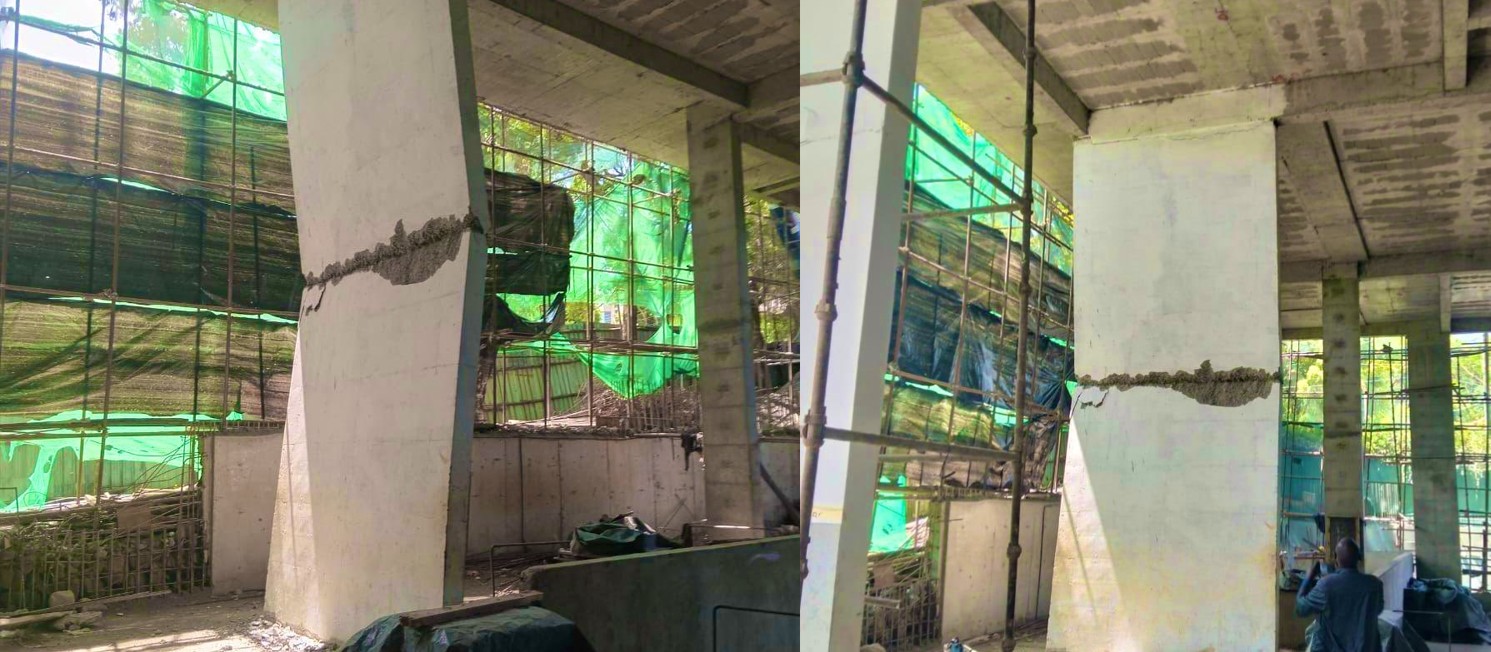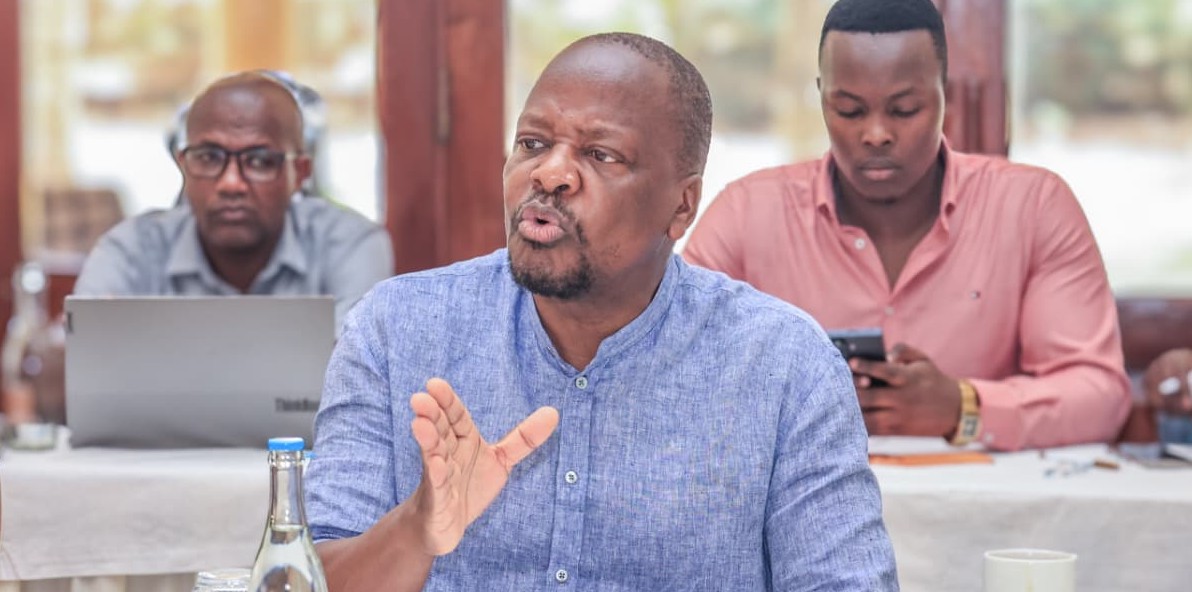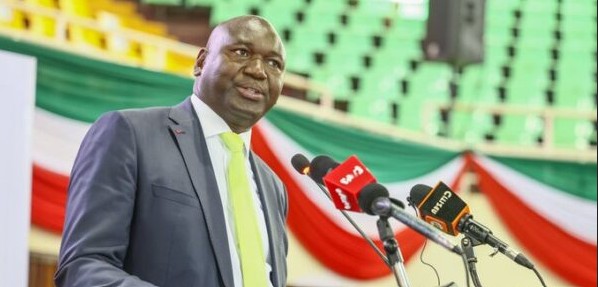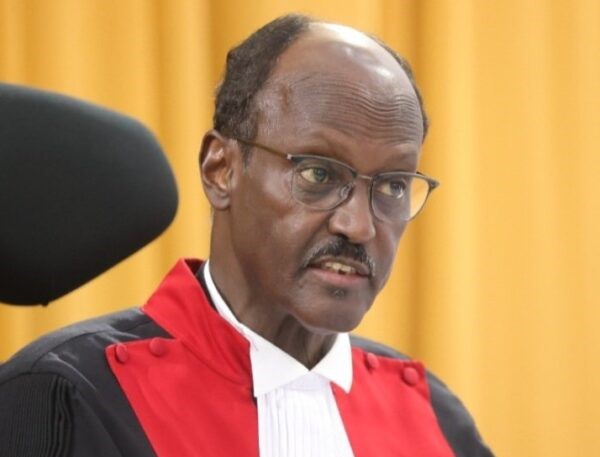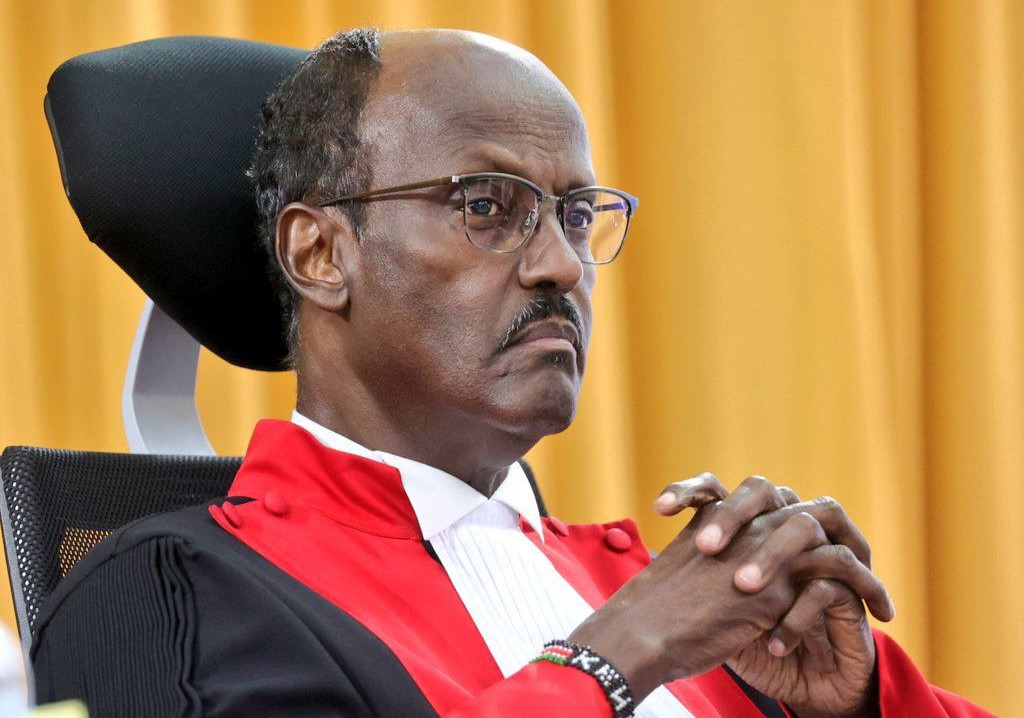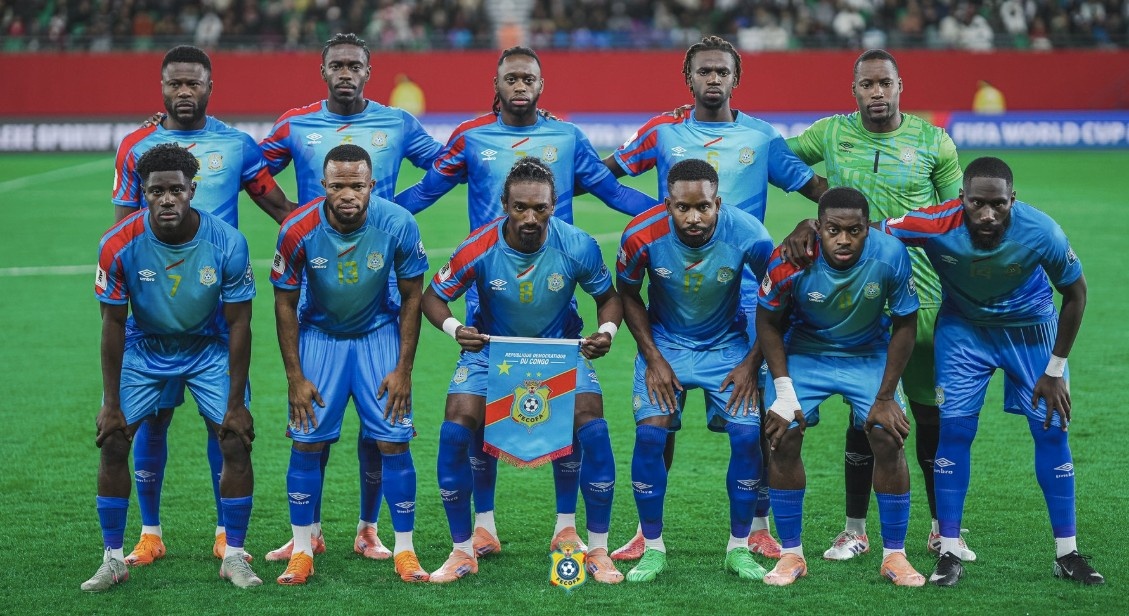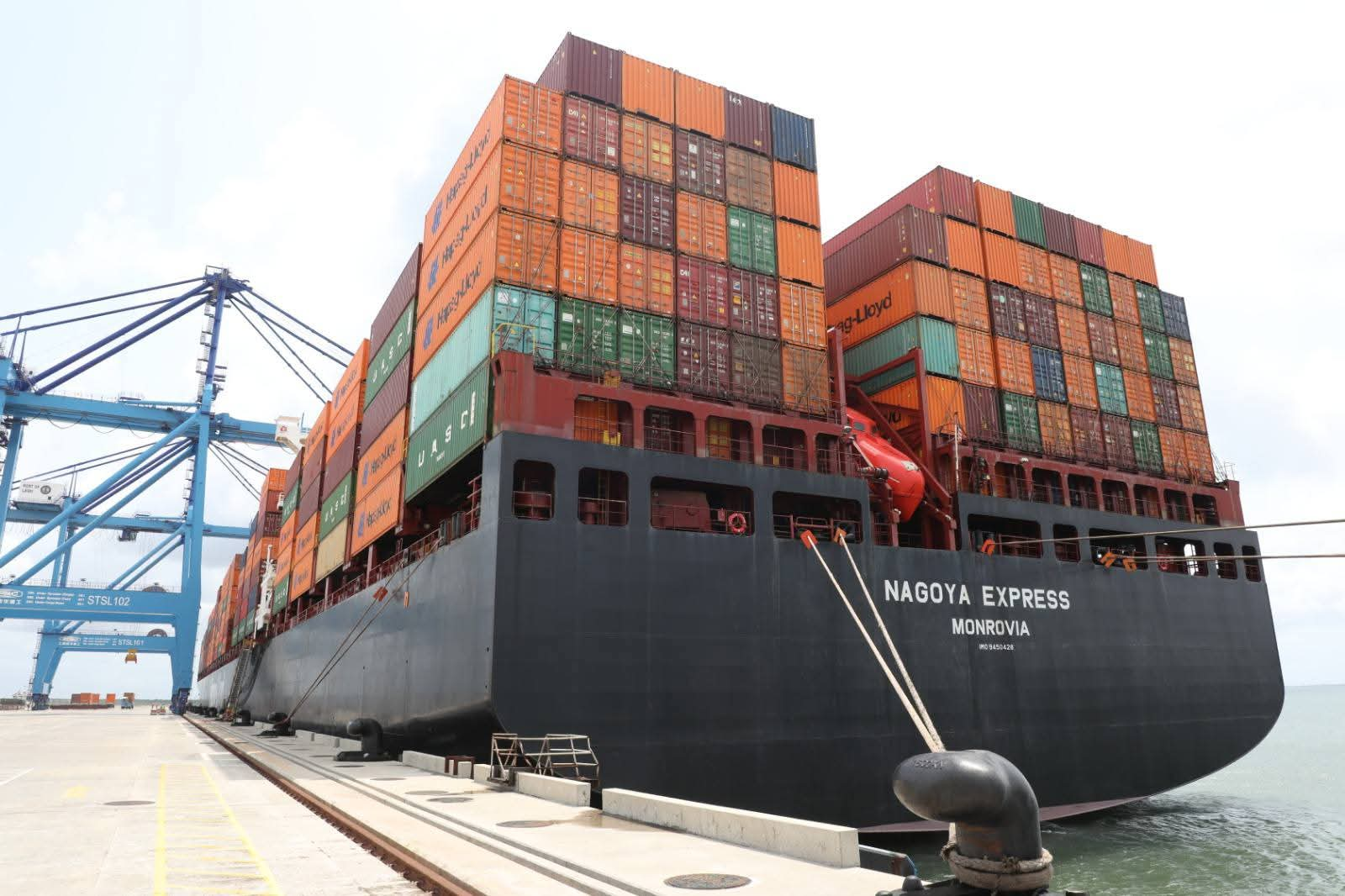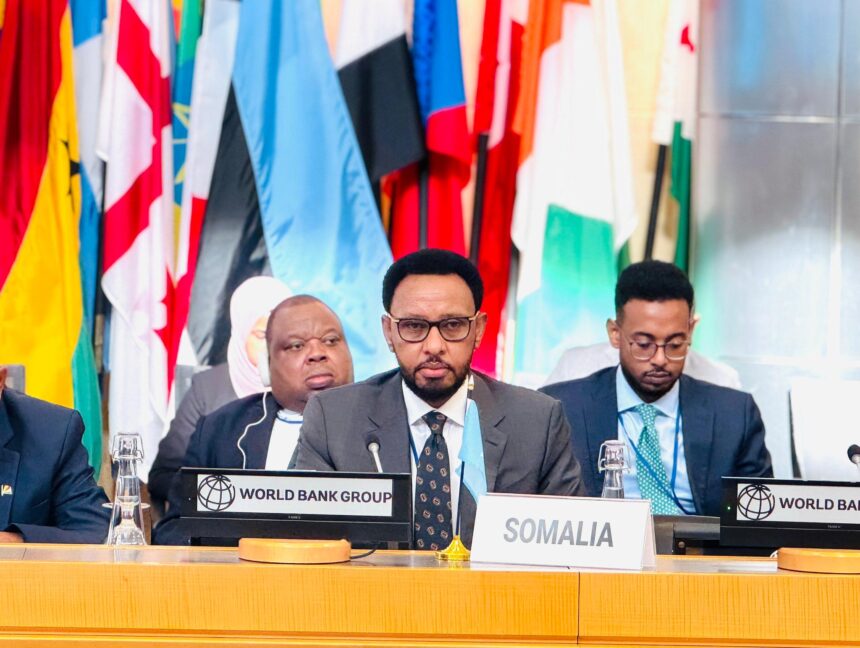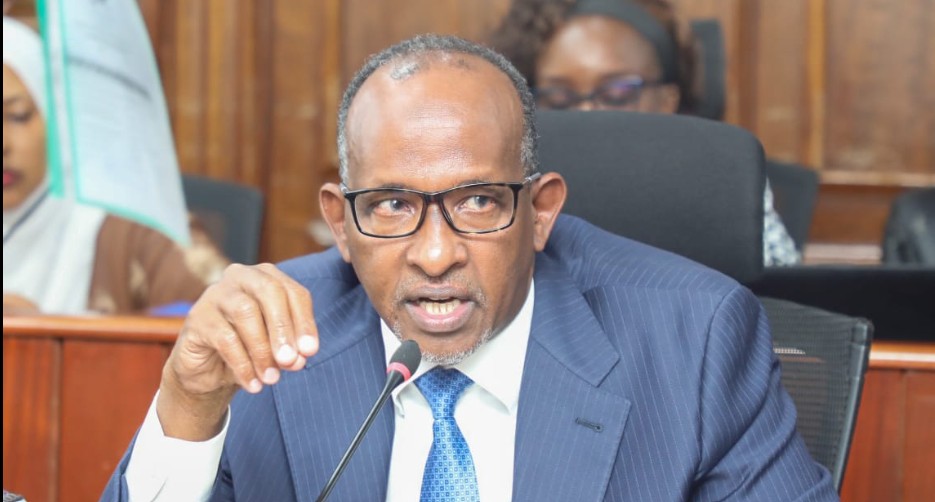UN Security Council extends sanctions, arms embargo on Haiti
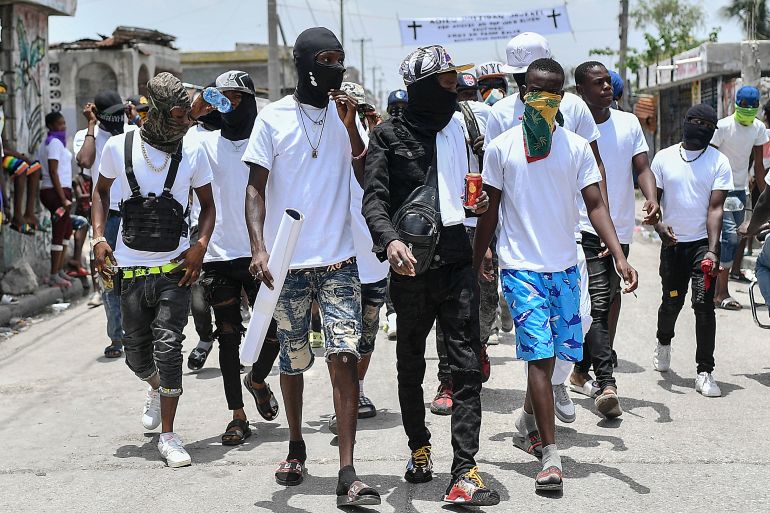
According to previous UN reports, weapons trafficked into Haiti primarily originate from the US, particularly Florida, with additional arms flowing through intermediaries in the Dominican Republic and Jamaica.
The United Nations Security Council has extended the arms embargo initially imposed in 2022 on Haiti, aimed at curbing the illicit flow of weapons to criminal gangs responsible for the ongoing violence in the country.
The 15-member council voted unanimously to extend the ban, along with a travel ban and asset freeze on targeted individuals.
More To Read
- Security agencies identify 126 organised gangs operating in Nairobi
- State study finds most homicides concentrated in Kenya’s urban informal settlements
- UN Security Council adopts resolution to strengthen youth role in peace and security
- Police officers returning from Haiti to be honoured at Jamhuri Day parade
- 230 Kenyan police officers arrive in Port-au-Prince to reinforce UN-backed GSF
- Kenyan police officers in Haiti to return home after year-long deployment
First implemented on October 21, 2022, in response to Haiti's multidimensional crisis, the embargo was renewed on October 19, last year. A year later, on October 2, 2023, the council authorised the formation and deployment of a Multinational Security Support (MSS) mission to Haiti.
Despite these measures, violence has persisted, raising questions about the effectiveness of the sanctions in stemming the flow of illicit arms to gangs. The MSS mission was deployed in Haiti in June 2024, following frequent violent incidents, but the arms trade has continued.
According to previous UN reports, weapons trafficked into Haiti primarily originate from the US, particularly Florida, with additional arms flowing through intermediaries in the Dominican Republic and Jamaica.
The latest report, released in July, highlighted the growing influence and capabilities of several Haitian gangs ahead of the MSS mission’s deployment.
Armed with automatic and semi-automatic rifles, the gangs have increasingly distanced themselves from their political and economic sponsors. Empowered by proceeds from transnational crime and emboldened by political instability, some have become more prominent in the media and are positioning themselves as strategic political players.
The report also noted that some gangs are evolving into militia-like structures, with at least one shifting its image from a traditional criminal organisation to a paramilitary group.
On September 27, the Haiti Sanctions Committee designated two additional individuals. One of these was Elan Luckson, leader of the "Gran Grif" gang, responsible for a particularly deadly attack on October 3 in the town of Pont-Sondé, which claimed at least 115 lives.
The second was Victor Prophane, a former member of the Haitian parliament allegedly involved in arms trafficking. While several gang leaders had been listed under the sanctions regime, Prophane is the first figure from Haiti’s political class to be targeted.
Top Stories Today

